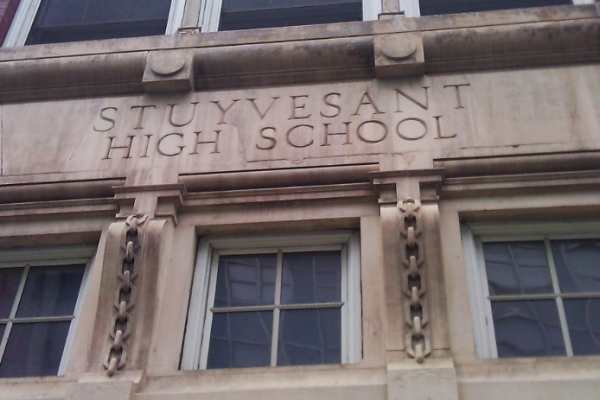News has been dominated this week by the college admissions scam, said to be the largest ever prosecuted in the United States. Although it serves as a stark reminder that wealthy families have the means to cheat their way to further privilege, the problem goes far beyond celebrity moms.
As Richard V. Reeves argues, it is closer to the top 20 percent of Americans who are perpetuating inequality—a fact that our obsession with “the 1 percent” obscures. Nowhere is this clearer than in college admissions, where middle-class families hide test prep and private tutoring behind the language of “meritocracy” and hard work, a philosophy that the essays in today’s reading list interrogate.
—Rosie Gillies
Focusing on the top 1 percent is a mistake. The real class divide is between the upper middle class—the top 20 percent—and the rest of America.
Three books draw a disturbing picture of America as a system of compounding inequality driven by a hereditary meritocracy of professional elites.
Pre-migration factors and selective migration go a long way to explaining group disparities in socioeconomic status.
When college is a prerequisite for getting a job that pays better than minimum wage, we cannot stop until it is free and accessible to all.
A group seeking to ban affirmative action has sued Harvard for discriminating against Asian Americans. The core issues won't be resolved by statistics alone.
By and large, admissions tests register rather than create inequality.
Forum












